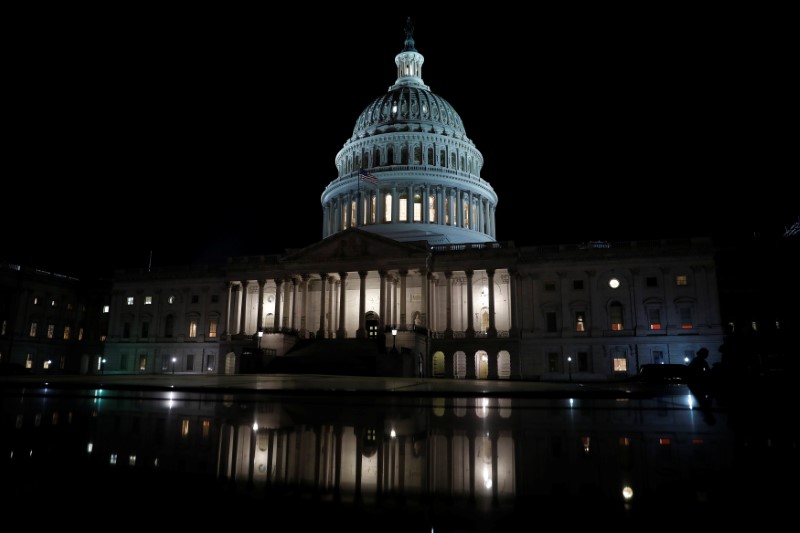WASHINGTON (Reuters) - A bipartisan group of lawmakers in the U.S. House of Representatives on Wednesday introduced legislation requiring the disclosure of sexual harassment case settlements involving members of Congress and their staffers.
The move came amid a snowballing number of revelations about harassment of co-workers and others by members of Congress, as well as high-profile entertainment and media figures' being accused of workplace improprieties.
If the legislation were to become law and such settlements came to light they potentially would have a ripple effect on politicians and elections.
Republicans control the House, but it was not clear whether Speaker Paul Ryan would throw his weight behind the legislation. His office did not immediately respond to a request for comment.
A House committee hearing on overhauling existing procedures dealing with harassment cases is set for Dec. 7.
Ryan called reports that Democratic Representative John Conyers was involved in a settlement over allegations of sexual impropriety "extremely troubling."
An aide to House Democratic leader Nancy Pelosi noted that she has indicated she would support legislation such as the bill offered on Wednesday, although it would have to respect the wishes of victims who want to remain anonymous.
Under current practice, the names of lawmakers and aides who settle sexual harassment cases at taxpayer expense have not been divulged.
The bipartisan "Congressional Accountability and Hush Fund Act" was introduced with at least 21 co-sponsors. It would require disclosure within 30 days of all settlement payments, the reason for the payment and nature of the allegation, as well as the lawmakers and staffers implicated.
The public disclosure of lawmakers would be retroactive under the bill and any payments as a result of settlements would be the responsibility of members of Congress and staff involved, instead of taxpayers.
Over the years, more than $15 million in taxpayer dollars have been paid out in an array of settlement claims, including those involving sexual harassment, noted Representative Ron DeSantis, a Republican and one of the bill's authors.

Separate legislation has been introduced on tightening procedures for Congress handling sexual harassment cases. On Wednesday the full House approved a resolution requiring lawmakers and their aides to take courses aimed at preventing harassment.